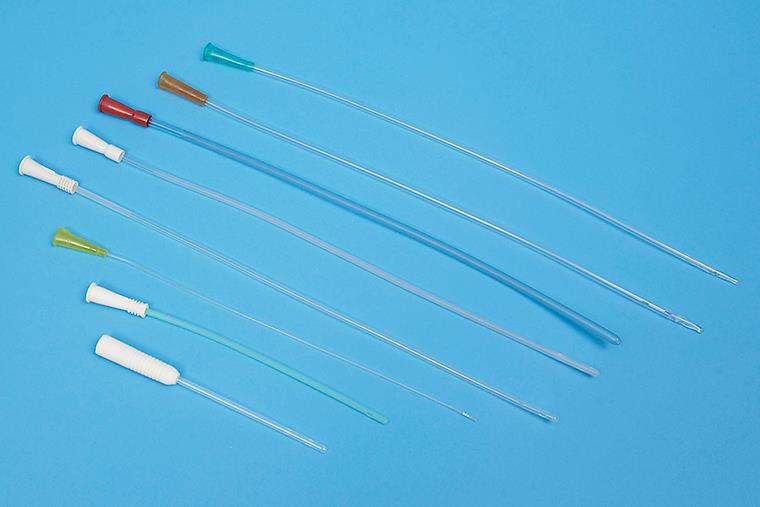Clean Intermittent Catheterization or CIC is a procedure in which you learn to catheterize yourself when you need to urinate, by inserting a catheter into your urethra, usually about four times per day. The catheter is inserted and then the bladder is drained until it is time to urinate again. Clean intermittent catheterization is usually used by people who have difficulty emptying their bladder due to having a neurogenic bladder.
Because a foreign object (the catheter) is being inserted into the urethra, there is a chance of introducing bacteria into the urinary tract, which leads to greater instances of urinary tract infections. To reduce the risk of infection, be very careful to always keep the catheter free of bacteria and perform catheterization under the cleanest conditions possible. Because CIC drains the bladder, completely removing residual urine, it causes fewer urinary tract infections than using an indwelling catheter. It is usually the first choice of the three options when catheterization is necessary (aside from during surgery, when an indwelling catheter is used).
It can be challenging for some people to learn self-catheterization if they are hesitant about the procedure (although many people learn the procedure quickly and easily). Anyone first learning to do self-catheterization should do so under the guidance of a qualified medical professional.
There are a variety of different catheters available. Each catheter has its own advantages and disadvantages -- such a prelubricated and prepackaged one-use catheters. Talk to your medical professional for his or her advice on which catheter might be the best for you, and try several different options to find the safest and most comfortable option for you.
